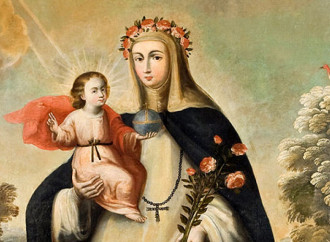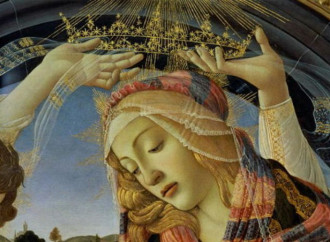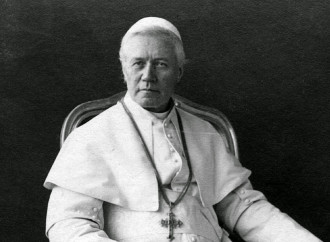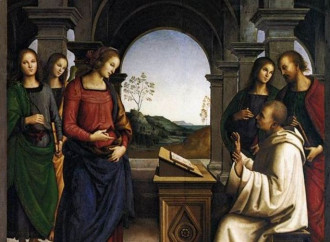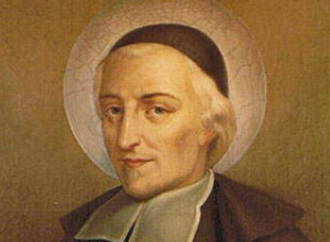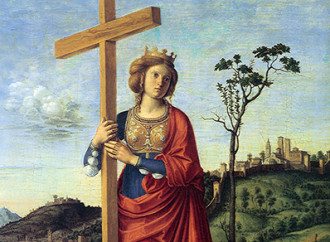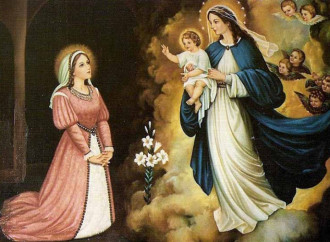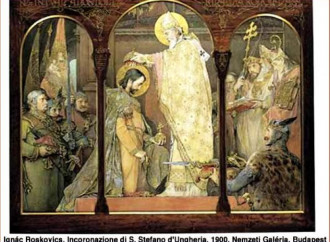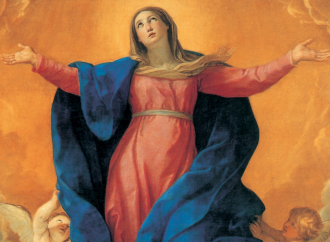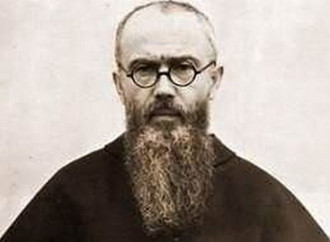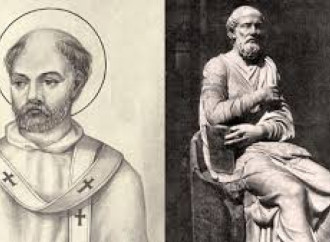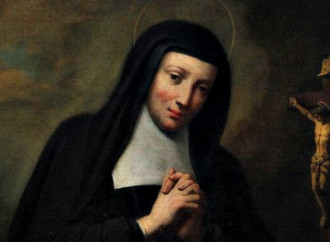Saint Rose of Lima
She offered her whole life in oblation to God for the salvation of souls and the conversion of the peoples of the New World.
Mary Queen
This celebration falls in the octave of the Assumption, to underline the very close link between these two glorious mysteries.
Saint Pius X
He was able to analyse lucidly and condemn the errors of Modernism. His great devotion to the Virgin and love for the Eucharist nourished his holiness. He supported the Cecilian Movement, which wanted to give back the deserved space in the liturgy to Gregorian chant.
Saint Bernard of Clairvaux
Bernard intervened in the most serious questions of his time, which threatened the Church. He kept his humility alive by meditating on Mary's sorrows and on the mysteries of Jesus' Passion.
Saint John Eudes
He was the first to compose an office and a Mass in honour of the Immaculate Heart of Mary and the Sacred Heart of Jesus.
Saint Helena
She was the mother of the emperor Constantine and the woman rich in faith who found the True Cross.
Saint Beatrix da Silva
She was a Portuguese mystic who lived during the period of the great explorers' journeys and the final phase of the Reconquista.
Saint Stephen of Hungary
The first Hungarian king was a pivotal player in the Christianization of the Magyar country. He encouraged the establishment of Christianity with various laws and availed himself of the help of the Cluniac monks for the evangelization of the country.
Assumption of the Blessed Virgin Mary
On 1 November 1950, Pius XII solemnly defined the dogma of the Assumption of Mary: “We pronounce, declare, and define it to be a divinely revealed dogma: that the Immaculate Mother of God, the ever Virgin Mary, having completed the course of her earthly life, was assumed body and soul into heavenly glory”.
Saint Maximilian Mary Kolbe
The “martyr of love” reminded the world, in the midst of the destruction of mankind in the Nazi concentration camps, of all the fruitfulness and power of faith, sacrificing himself to save a family man.
Saints Pontian and Hippolytus
Before being deported together to Sardinia, the holy martyrs Pontian and Hippolytus (†235) had found themselves on opposite sides...
Saint Jane Frances de Chantal
She co-founded the Order of the Visitation, with St. Francis de Sales.
